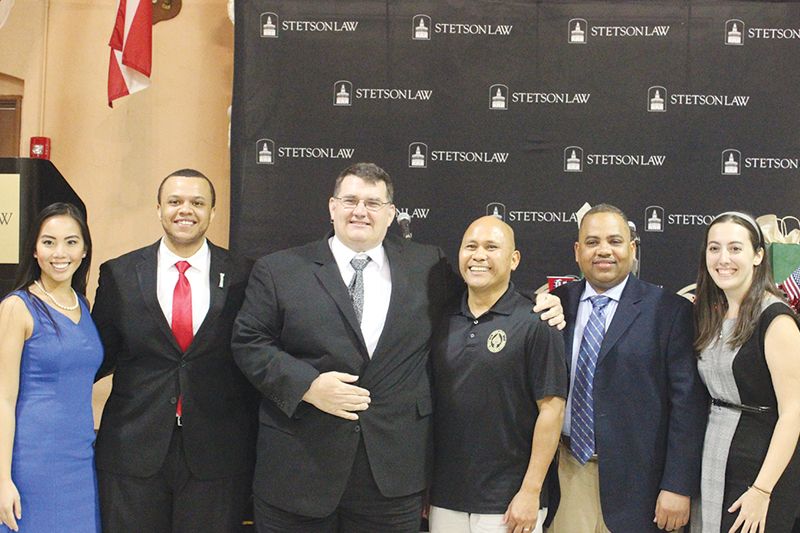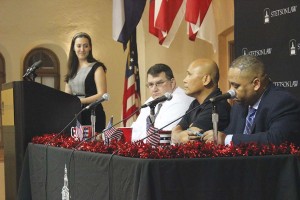What society can learn from the military about diversity


 Holly’s sentiment characterized the tone of the 90-minute discussion, with little to no disagreement from the other two panelists, retired Army Col. DJ Reyes, and retired Air Force Reserve Lt. Col. Terry Nealy.
Holly’s sentiment characterized the tone of the 90-minute discussion, with little to no disagreement from the other two panelists, retired Army Col. DJ Reyes, and retired Air Force Reserve Lt. Col. Terry Nealy.